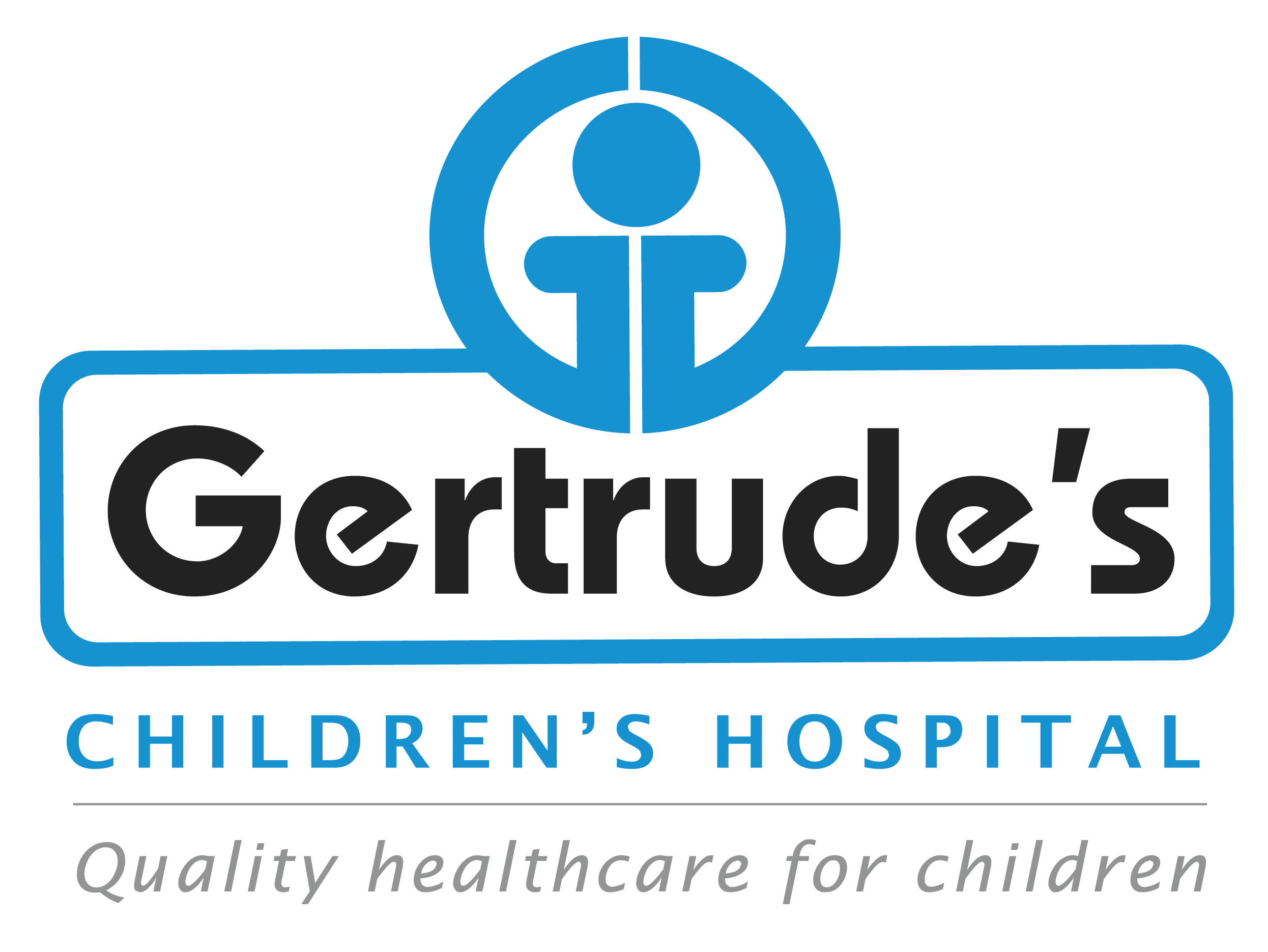Diabetes Insipidus (DI) is a rare condition that affects the body’s ability to regulate fluid balance. Unlike diabetes mellitus, which is related to blood sugar levels, diabetes insipidus has nothing to do with blood sugar. Instead, it is characterized by the kidneys’ inability to conserve water, leading to excessive urination and extreme thirst. Approximately 1 in 30,000 children has diabetes insipidus. These children either don’t have enough of the hormone vasopressin or their kidneys do not respond to it. As a result, too much water is released into their urine. Insipid means that the urine is diluted and has no odor. In children, this condition can be particularly concerning because it affects their overall hydration and electrolyte balance, which are crucial for growth and development.
Symptoms
- Excessive Thirst (Polydipsia): Children may constantly crave water, even waking up at night to drink.
- Frequent Urination (Polyuria): They may need to urinate much more frequently than usual, even during the night.
- Bedwetting: Even in children who are toilet trained, bedwetting might become an issue.
- Dehydration: Despite drinking lots of water, children may show signs of dehydration, such as dry skin, irritability, or fatigue.
- Growth Delays: Chronic dehydration and electrolyte imbalances can lead to growth delays in children.
- Weight Loss: Unexpected weight loss can occur due to the body’s inability to retain enough water.
- Vigorous Suck and Vomiting: Infants may show an unusually strong suckling behavior followed by frequent vomiting.
- Unexplained Fever: Some infants may develop a fever without an obvious cause.
- Constipation: Constipation can be an early sign, often overlooked.
- Irritability: Often related to mild dehydration combined with high sodium levels in the blood (hypernatremia).
Causes
- Genetic: Some forms of diabetes insipidus are inherited, meaning they run in families.
- Non-genetic:
- Injuries and Illnesses:
-
-
- Head Trauma: Injuries to the head can affect the pituitary gland or hypothalamus, leading to AVP disorder.
- Tumors: Growths in the brain, especially near the pituitary or hypothalamus, can disrupt the production or response to vasopressin.
- Neurosurgical Procedures: Surgeries involving the brain can sometimes damage the pituitary or hypothalamus, causing AVP disorder.
-
- Destructive Lesions:
-
-
- Pituitary and Hypothalamus Damage: Damage to these areas of the brain is the most common cause of AVP disorder in both children and adults.
-
- Idiopathic Cases:
-
-
- Unknown Causes: In 20-50% of cases, the exact cause of AVP deficiency (AVP-D) is unknown, referred to as idiopathic.
-
- COVID-19:
-
-
- Potential Link: Although not proven, there have been suggestions that COVID-19 may play a role in causing AVP deficiency (AVP-D)
-
Diagnosis
- Medical History and Physical Examination: The doctor will take a detailed medical history and perform a physical examination, focusing on symptoms such as excessive thirst and urination.
- Water Deprivation Test: This test helps determine whether the diabetes insipidus is due to a deficiency in the hormone vasopressin (also known as AVP) or if the kidneys are not responding properly to vasopressin.
- Blood and Urine Tests: These tests help check for electrolyte imbalances and assess the concentration of urine.
- MRI Scan: If central diabetes insipidus is suspected, an MRI of the brain may be done to look for abnormalities in the hypothalamus or pituitary gland.
- Genetic Testing: In some cases, genetic tests may be recommended to identify any inherited causes of the condition.
Treatment Options
- For Central Diabetes Insipidus (AVP Deficiency):
- Primary Treatment: The most common treatment is desmopressin, a synthetic form of the hormone vasopressin. It helps reduce excessive urination and can be administered through injections, nasal sprays, or oral tablets.
- Additional Medications: Other medicines like chlorpropamide and thiazide diuretics can be used to help reduce urine volume by 25-75%. These may be used alone or together to manage symptoms.
- For Nephrogenic Diabetes Insipidus (AVP Resistance):
- Treatment Approach: Desmopressin is not effective because the kidneys don’t respond to it. Instead, medications like thiazide diuretics, amiloride, and indomethacin (or aspirin) can be used.
- Dietary Adjustments: A low-solute diet is also recommended. This approach helps reduce symptoms, but patients will still need to drink plenty of fluids, as it doesn’t fully normalize urine production.
Why Choose Us
Expert team
Our dermatologists and pediatric specialists have extensive experience in treating alopecia areata in children.
Personalized care
We create treatment plans that fit each child’s unique needs
Support and education
We teach children and families how to care for their skin and prevent future breakouts
Advanced treatments
Access to the latest acne treatments and skincare products
Frequently Asked Questions
Q: Can diabetes be cured?
A: Currently, there is no cure for diabetes, but it can be managed effectively with proper treatment, diet, and lifestyle adjustments. With the right care, children with diabetes can lead healthy, active lives.
Q: How often does my child need to check their blood sugar?
A: This varies depending on your child’s treatment plan. Your healthcare provider will guide you on the best routine.
Q: What should I do if my child’s blood sugar is too high or too low?
A: If your child’s blood sugar is too high (hyperglycemia), it’s important to follow their diabetes management plan, which may include adjusting insulin or increasing physical activity. If it’s too low (hypoglycemia), provide a quick source of sugar, like juice or glucose tablets, and monitor their levels. Always consult your healthcare provider for specific guidance.
Contact
Please feel free to contact us with any general or medical enquiry by calling us.





